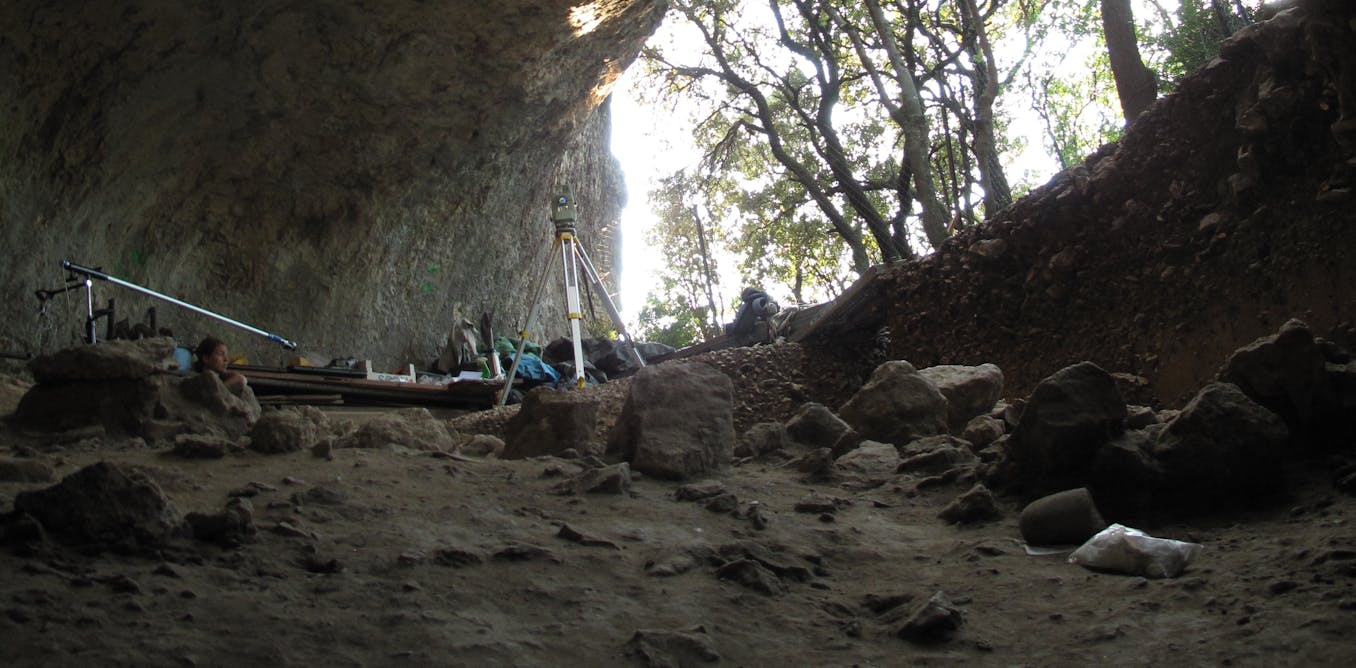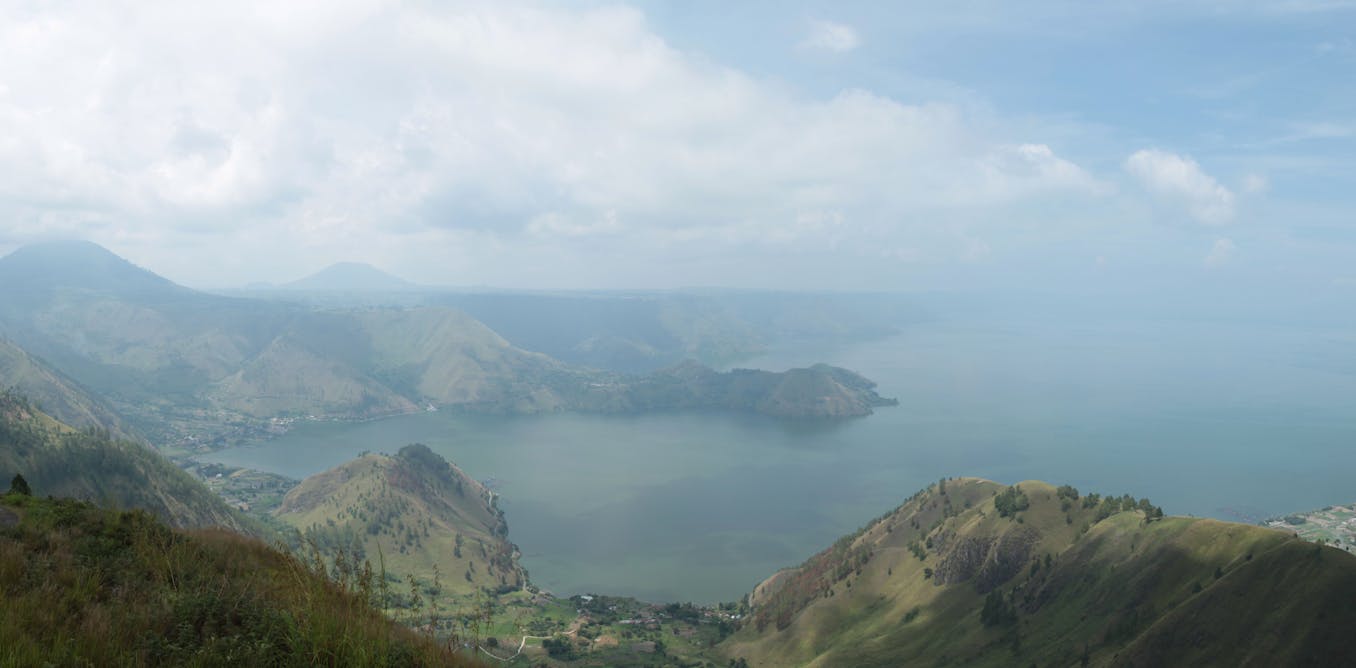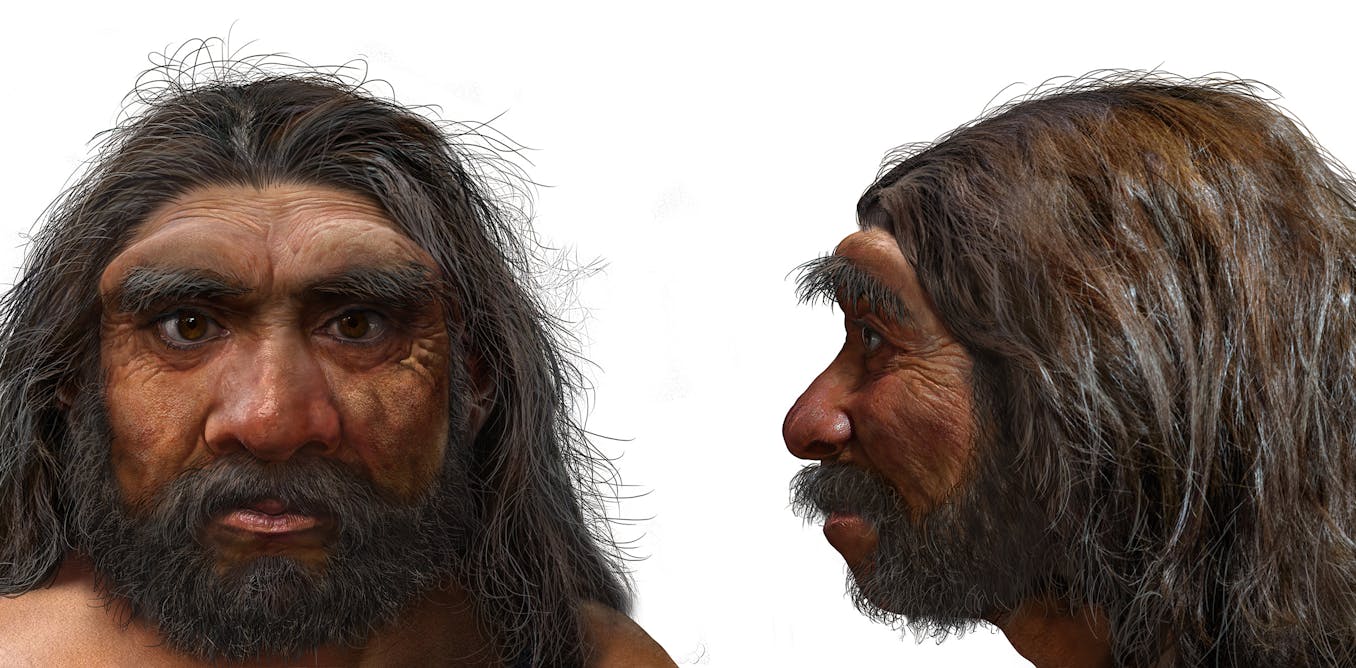Your sense of privacy evolved over millennia – that puts you at risk today but could improve technology tomorrow
You have a finely honed sense of privacy in the physical world. But the sights and sounds you encounter online don’t help you detect risks and can even lull you into a false sense of security.
Feb. 11, 2022 • ~8 min









